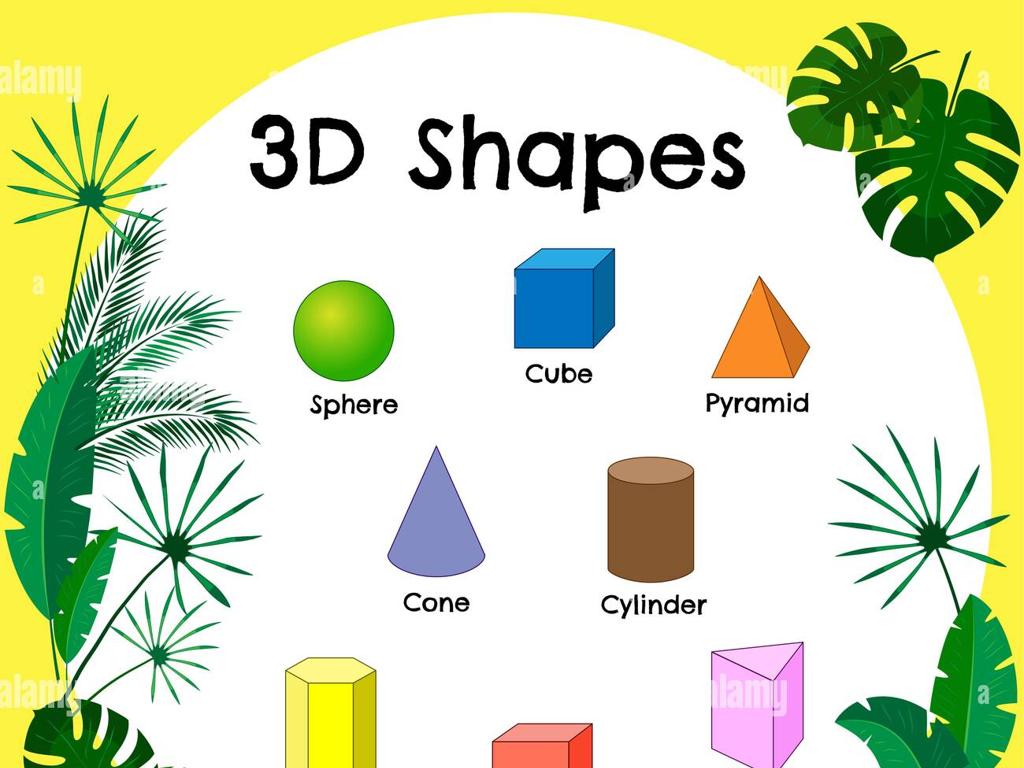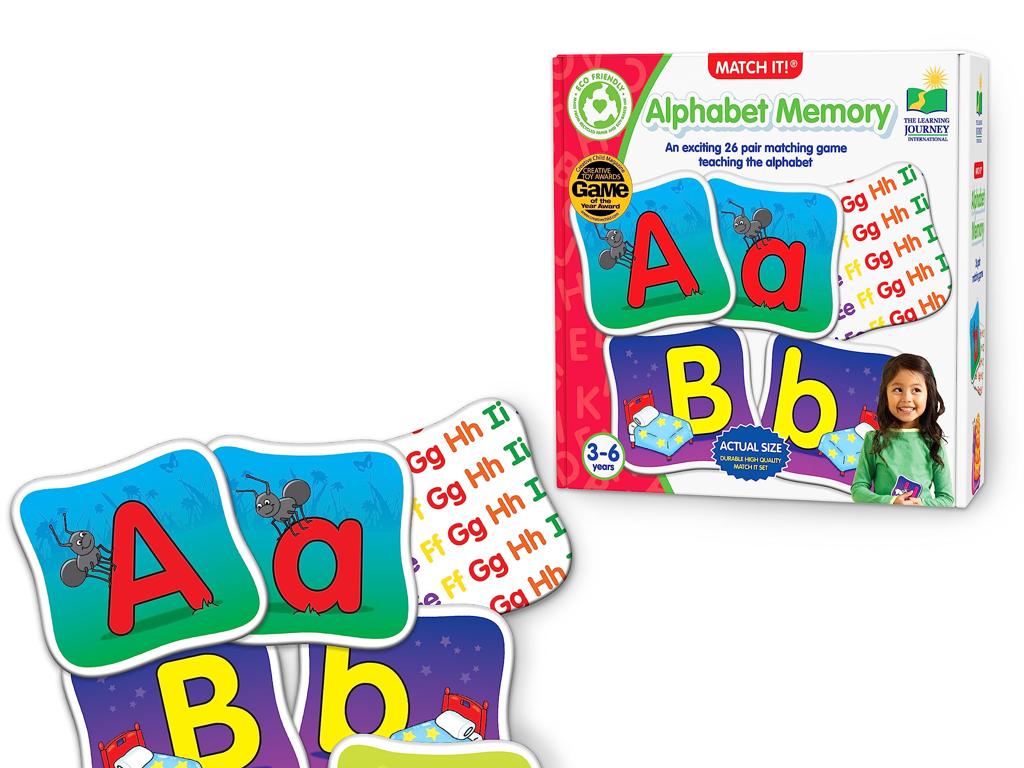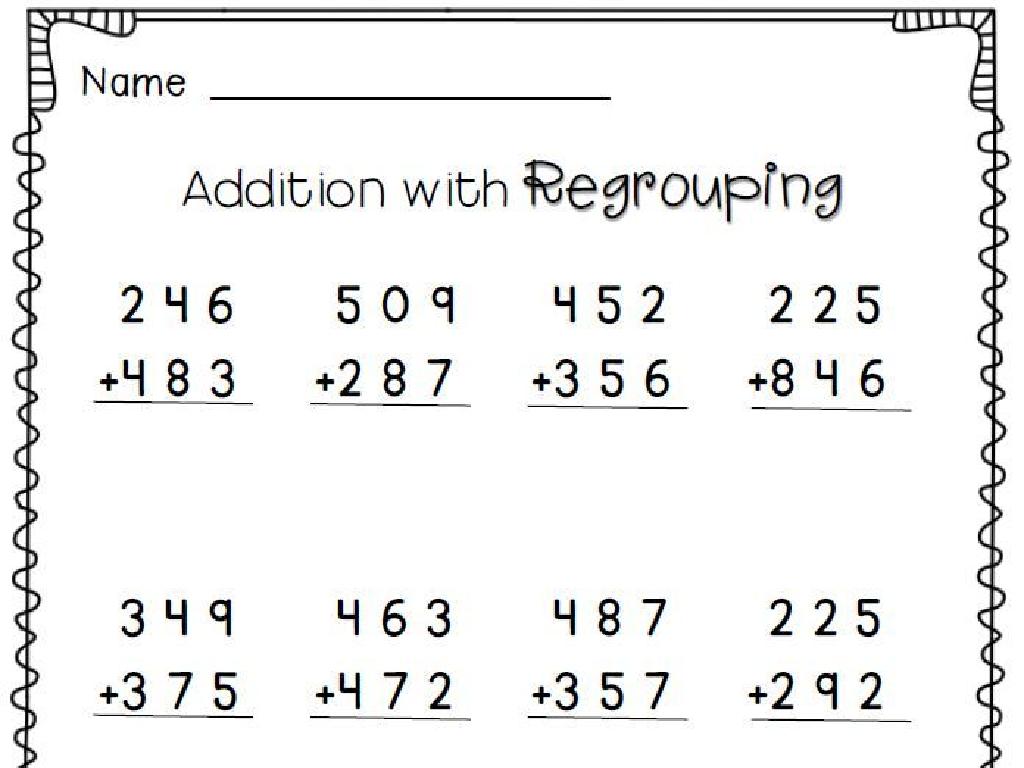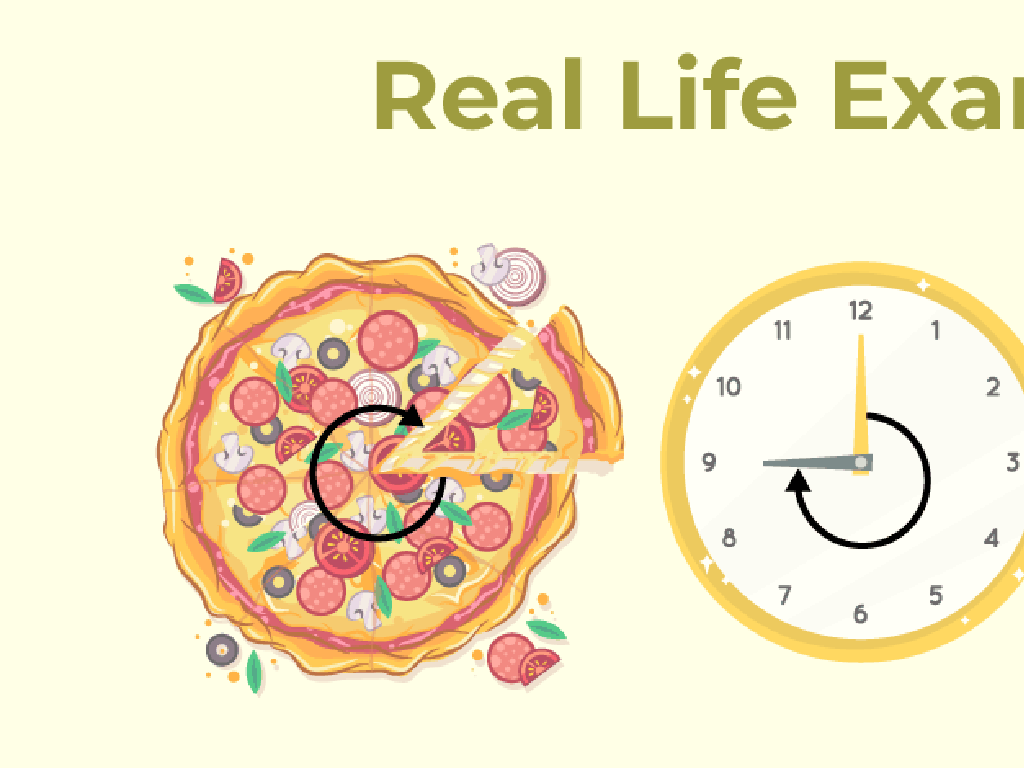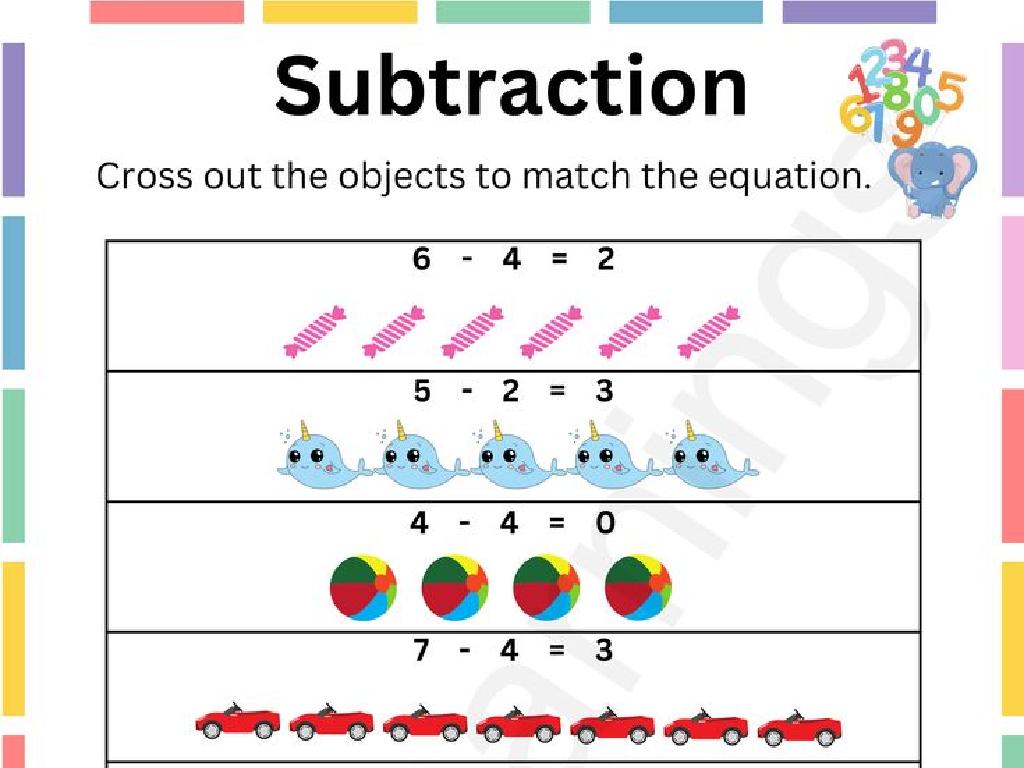Determine The Meaning Of A Word With A Suffix: Review
Subject: Language arts
Grade: Third grade
Topic: Prefixes And Suffixes
Please LOG IN to download the presentation. Access is available to registered users only.
View More Content
Welcome to Suffixes!
– Discover what a suffix is
– A suffix is a letter or group of letters added to the end of a word.
– Explore how suffixes work
– Suffixes can change a word’s tense, meaning, or part of speech.
– See suffixes in action
– For example, ‘play’ becomes ‘playing’ with the suffix ‘-ing’.
– Learn how suffixes alter words
– ‘Happy’ turns to ‘happiness’ with ‘-ness’, changing an adjective to a noun.
|
This slide introduces the concept of suffixes to third-grade students. Begin by explaining that a suffix is a set of letters that go at the end of a word to change its meaning. Show how adding different suffixes can transform words in various ways, such as changing a verb to a noun or an adjective to an adverb. Provide clear examples for each case to ensure students can see the practical application of suffixes. Encourage students to think of words they already know and discuss how adding a suffix might change those words. This will help them understand the power of suffixes in word formation and grammar.
Understanding Suffixes
– What is a suffix?
– A suffix is a letter group added to a word’s end.
– Suffixes change meanings
– ‘help’ to ‘helpful’ means full of help, ‘hope’ to ‘hopeless’ means without hope.
– Suffixes can change word types
– A verb ‘help’ becomes an adjective ‘helpful’.
– Examples: ‘helpful’, ‘hopeless’
– ‘Helpful’ means providing help, ‘hopeless’ means having no hope.
|
This slide introduces the concept of suffixes to third-grade students. Begin by explaining that a suffix is a set of letters that go at the end of a word to change its meaning. Highlight how suffixes can turn a simple word into one with a more complex meaning, such as ‘help’ becoming ‘helpful’, indicating someone who provides help. Also, discuss how suffixes can change the part of speech, for example, turning a noun into an adjective. Use examples that are easy to understand and relate to, and encourage students to think of other words they know that have suffixes. This will help them understand how suffixes modify words and their meanings in the English language.
Suffixes and Their Meanings
– Suffix ‘-ful’: signifies ‘full of’
– ‘Joyful’ means full of joy
– Suffix ‘-less’: means ‘without’
– ‘Hopeless’ means without hope
– Suffix ‘-ness’: adjective to noun
– ‘Happiness’ is the state of being happy
– Practice with examples
– Find words in a story and write what they mean
|
This slide introduces students to common suffixes and their meanings, which is a key component of understanding new vocabulary. The suffix ‘-ful’ turns a noun into an adjective to indicate ‘full of’ or ‘having’ (e.g., ‘joyful’ means full of joy). The suffix ‘-less’ also turns a noun into an adjective but means ‘without’ (e.g., ‘hopeless’ means without hope). The suffix ‘-ness’ changes an adjective into a noun to indicate a state or condition (e.g., ‘happiness’ means the state of being happy). Encourage students to practice by identifying words with these suffixes in stories or texts they read and writing down what the words mean. This will help them see how suffixes change the meaning of words and how they are used in context.
Let’s Practice: Suffixes in Words
– Find the suffix: ‘hopeless’, ‘careful’, ‘happiness’
– ‘less’ means without, ‘ful’ means full of, ‘ness’ turns an adjective into a noun
– Meaning of each suffix
– ‘less’ takes away hope, ‘ful’ adds care, ‘ness’ makes happy a thing
– Suffix effect on root word
– Examples with suffixes
– ‘Joyful’ means full of joy, ‘sadness’ means the state of being sad
|
This slide is an interactive class activity to help students understand suffixes and how they alter the meanings of root words. Start by explaining what a suffix is and then guide the students to identify the suffixes in the given words. Discuss the meaning of each suffix and how it changes the root word. For example, ‘hopeless’ means without hope, ‘careful’ means full of care, and ‘happiness’ is the state of being happy. Encourage students to come up with more examples and use them in sentences. This will help solidify their understanding of the concept. Prepare to assist students who may struggle with identifying suffixes or understanding their meanings.
Suffixes in Sentences
– Understanding suffixes in context
– Suffixes are added to the end of words to change their meaning.
– Suffix impact on sentence meaning
– A suffix can turn a noun into an adjective, or change the tense.
– Example: ‘hope’ vs ‘hopeless’
– ‘Hope’ is a feeling; ‘hopeless’ means without hope.
– Practice creating sentences
|
This slide is aimed at helping third-grade students understand how suffixes alter the meanings of words within sentences. Begin by explaining that a suffix is a letter or group of letters added to the end of a word. Highlight how suffixes can change a word’s part of speech or its tense. Use the example provided to illustrate how the addition of ‘-less’ changes the noun ‘hope’ into an adjective ‘hopeless,’ which means lacking hope. Encourage students to think of other examples and create sentences using words with suffixes. This activity will enhance their understanding of how suffixes affect word meaning and will aid in vocabulary development.
Create Your Own Words with Suffixes
– Pick a root word
– Add a suffix to form a new word
– Examples: ‘help’ becomes ‘helpful’, ‘joy’ turns into ‘joyful’
– Write a sentence using your new word
– ‘The joyful girl shared her toys with everyone.’
– Get ready to share with the class!
|
This slide is for a class activity that encourages students to play with language by adding suffixes to root words to create new words. It’s important to explain that a suffix is a letter or group of letters added to the end of a word to change its meaning. Provide examples of common suffixes like -ful, -less, -ness, etc. The activity will help students understand how suffixes alter the meaning of root words and how they can create new words. Encourage creativity and ensure they understand the meaning of their new word by using it in a sentence. During the next class, provide an opportunity for each student to share their word and sentence, fostering a fun and interactive learning environment.
Class Activity: Suffix Search!
– Find words with suffixes in a book
– Write down the words and meanings
– For example, ‘happiness’ from ‘happy’ means the state of being happy
– Share your findings with the class
– Discuss the role of suffixes
– How does adding a suffix change the meaning of the word?
|
This activity is designed to help students understand how suffixes alter the meanings of words. Encourage students to pick their favorite books or stories and look for words that have suffixes. They should write down these words along with their base words and the meanings of the new words with suffixes. Prepare to facilitate a discussion where students can share their findings. This will help them learn from each other and reinforce their understanding of suffixes. Possible suffixes to review may include -ness, -less, -ful, and -ly. For example, ‘hope’ becomes ‘hopeless’ without hope, ‘joy’ becomes ‘joyful’ full of joy. This will help students see how suffixes modify the meanings of words and how they are used in context.
Suffixes: Unlocking Word Meanings
– What’s a suffix?
– A suffix is a letter or group of letters added to the end of a word.
– Suffixes modify meanings
– They can turn a verb into a noun (e.g., ‘play’ to ‘player’) or change tense.
– Examples of suffixes
– ‘Happiness’ (happy + ness), ‘carefully’ (care + fully).
– Your turn: Find suffix words
– Think of words ending with -ful, -ly, -ness, or -er.
|
This slide is a review and wrap-up of our lesson on suffixes. Start by revisiting the definition of a suffix and how it can alter the meaning of a word or its part of speech. Provide examples to illustrate these changes, such as ‘happy’ becoming ‘happiness’ when the suffix ‘-ness’ is added, or ‘care’ becoming ‘carefully’ with ‘-fully’. Encourage students to come up with their own examples of words with suffixes, prompting them with common suffixes like ‘-ful’, ‘-ly’, ‘-ness’, and ‘-er’. This activity will help solidify their understanding of the concept and demonstrate how suffixes are used in everyday language.

